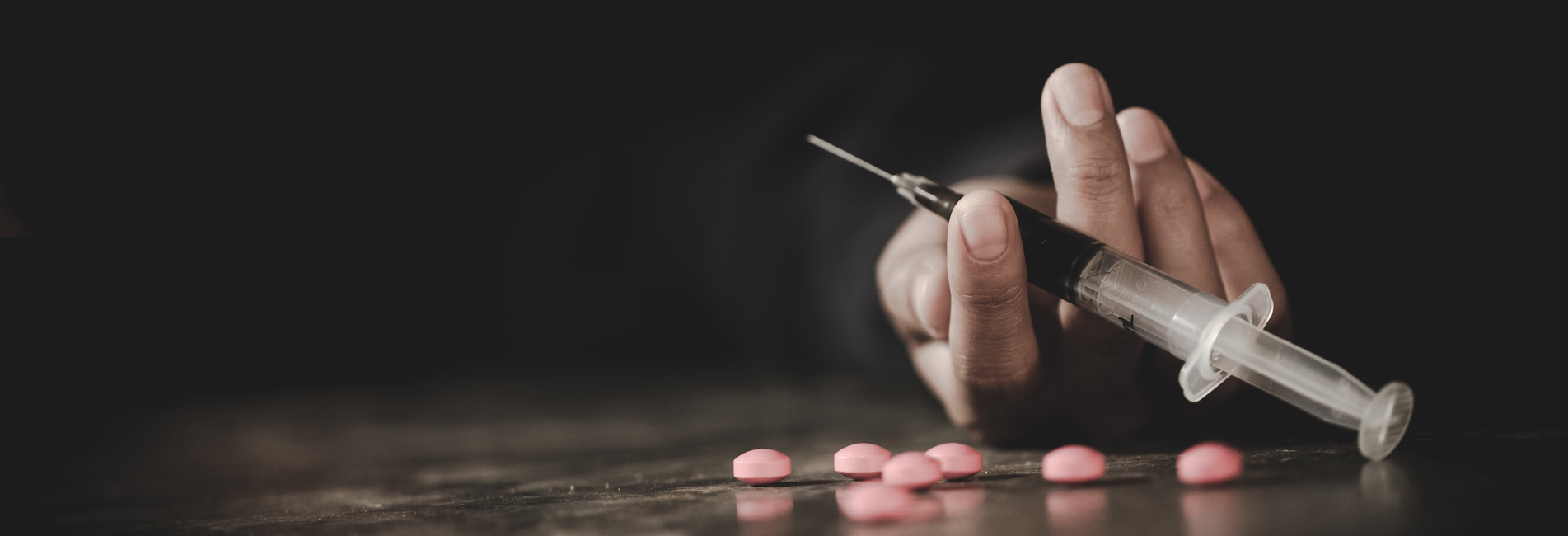
Signs of Addiction
What Are Some Common Signs Of Addiction?
Table of Contents
Years of research have proven that addiction is not a choice, it is a disease.
But like some other chronic diseases, the signs of addiction aren’t always obvious, and it isn’t always easy to diagnose.
Being able to recognize the signs of addiction, both in yourself and in others, is critical to getting the help of a recovery treatment program to overcome an addiction.
Let us help you learn more about this disease, as well as some signs that you or someone you know may be struggling with it.
Immediate Placement in Drug and Alcohol Rehab
What Is Addiction?
Addiction is a chronic brain disease that causes a person to use alcohol or drugs even if they want to quit.
This happens because of the way that substances change how your brain works. When drugs or alcohol enter your brain, they make the “reward” part of your brain release a flood of the chemical dopamine. Dopamine is responsible for making you feel happy and relaxed. It can also cause a feeling of euphoria, which is what most people refer to as a “high.”
Because substances make your brain release above-average amounts of dopamine, your brain begins to crave substances in order to recreate these feelings. Over time, your brain forgets how to release dopamine without the help of drugs or alcohol. The longer you abuse drugs or alcohol, the worse this becomes, and the harder it is for you to stop.

The Physical Signs of Addiction
The physical signs of an addiction can be challenging to identify depending on what substance is being abused.
However, no matter what substance a person is using, the physical signs will become more noticeable the longer they are using.
Some of the common signs of addiction include:
- Changes in the pupils, either being extremely large or extremely small
- Changes in appetite that lead to sudden weight loss or gain
- Eyes that appear bloodshot
- Drooping eyelids
- Changes in sleeping patterns
- A sudden disregard for personal hygiene
- A frail appearance with no medical reason
- Sores on the face, mouth, or nose
- Slurred or incoherent speech
The most severe physical signs are an indicator of a potential substance overdose. These signs require immediate medical treatment to avoid an overdose-related death.
These signs often include:
- Extreme drowsiness or loss of consciousness
- Trouble walking
- Difficulty breathing
- Nausea or vomiting
- Hallucinations or delusions
- Extreme agitation, aggression, or violent behavior
The physical symptoms of drug or alcohol abuse do not just manifest from regular use – they can also result from a user trying to stop using.
When someone who is addicted to drugs or alcohol stops using it suddenly, they are at risk of experiencing withdrawal symptoms.
These usually include:
- Loss of appetite
- Nausea or vomiting
- Extreme fatigue or insomnia
- Headache
- Fever
- Confusion or hallucinations
- Shaking or trembling
- Extreme, sudden depression
- Seizures
Some of the negative mental health issues many experience include:
- Depression/anxiety
- Short-term memory loss
- Problems concentrating
- Hallucinations
- Problems remembering where you are or what time it is
- Inability to enjoy things that used to make you happy
- Confusion
- Nightmares
One of the lesser-known side effects of this substance is suicidal thoughts. This is especially a risk for people who deal with depression or anxiety symptoms before they started even using a substance. While only a few studies have been done on this side effect, enough data has been gathered to show it is very possible.

Learn More About the Signs of Addiction
Payment Information
Do you want treatment but are worried about how you can pay for it? We are here to help.
Our team of professional intake professionals offers free insurance verification to determine what your insurance policy covers for your treatment needs.
24-Hour Drug and Alcohol Rehab Hotline
How to Get Help
Chronic substance abuse and addiction can take on many noticeable changes to both your appearance and your behavior.
These signs can be hard to see in yourself. In fact, many addicts think that they do not have a problem until their addiction is extremely serious.
More often, it is concerned friends or family members that first notice the changes in someone who is struggling with an addiction.
These people are also usually the ones to first suggest the idea of entering rehab.
Some addicts may deny that they have a problem, while others may agree they need help.
Either way, it can be an emotional process for everyone involved.
The key to addressing someone you care for about their addiction is to do it with compassion and without judgment.
By approaching the topic of treatment this way, you are more likely to be successful so that they see your concerns and be willing to get the help they need.